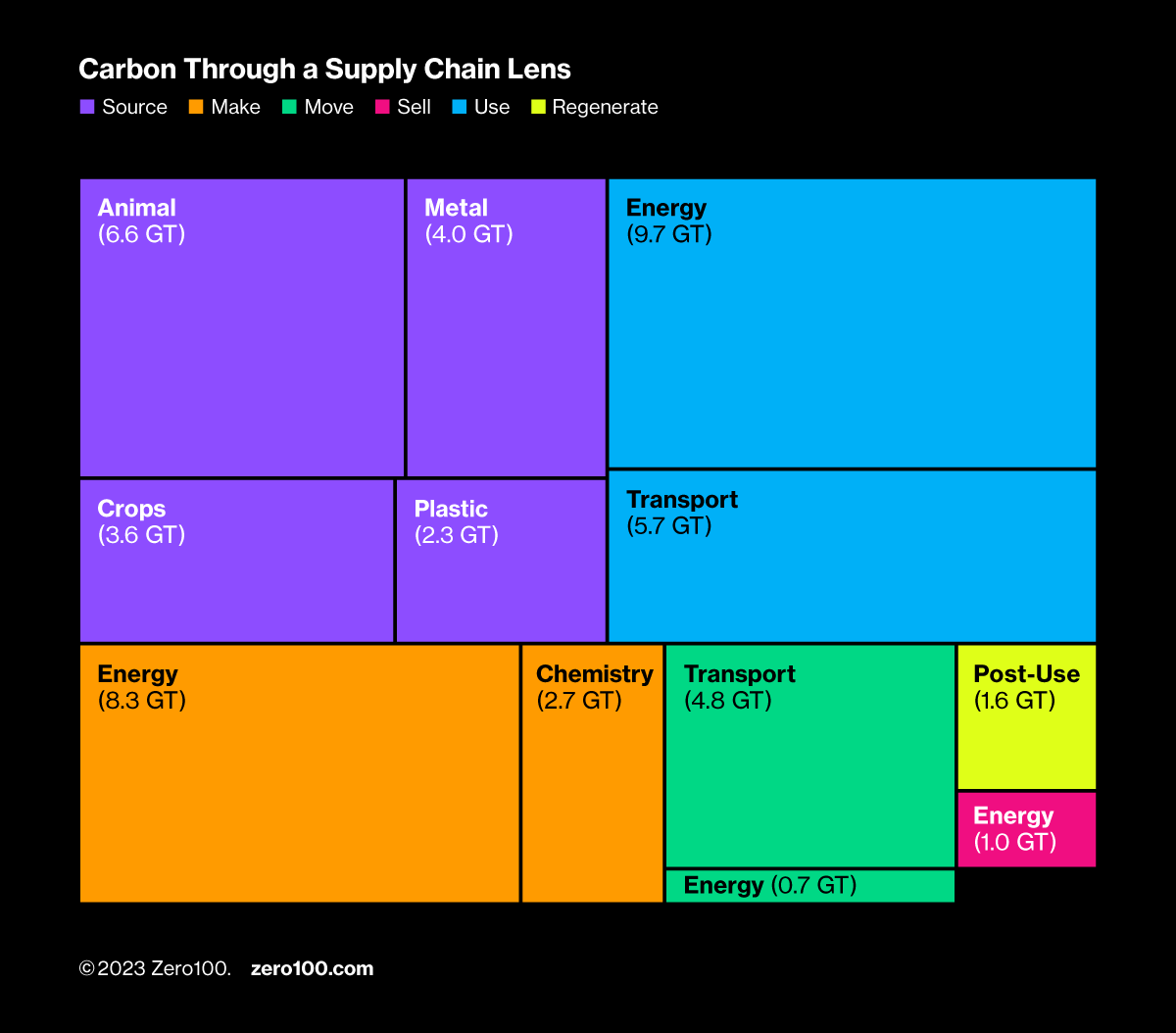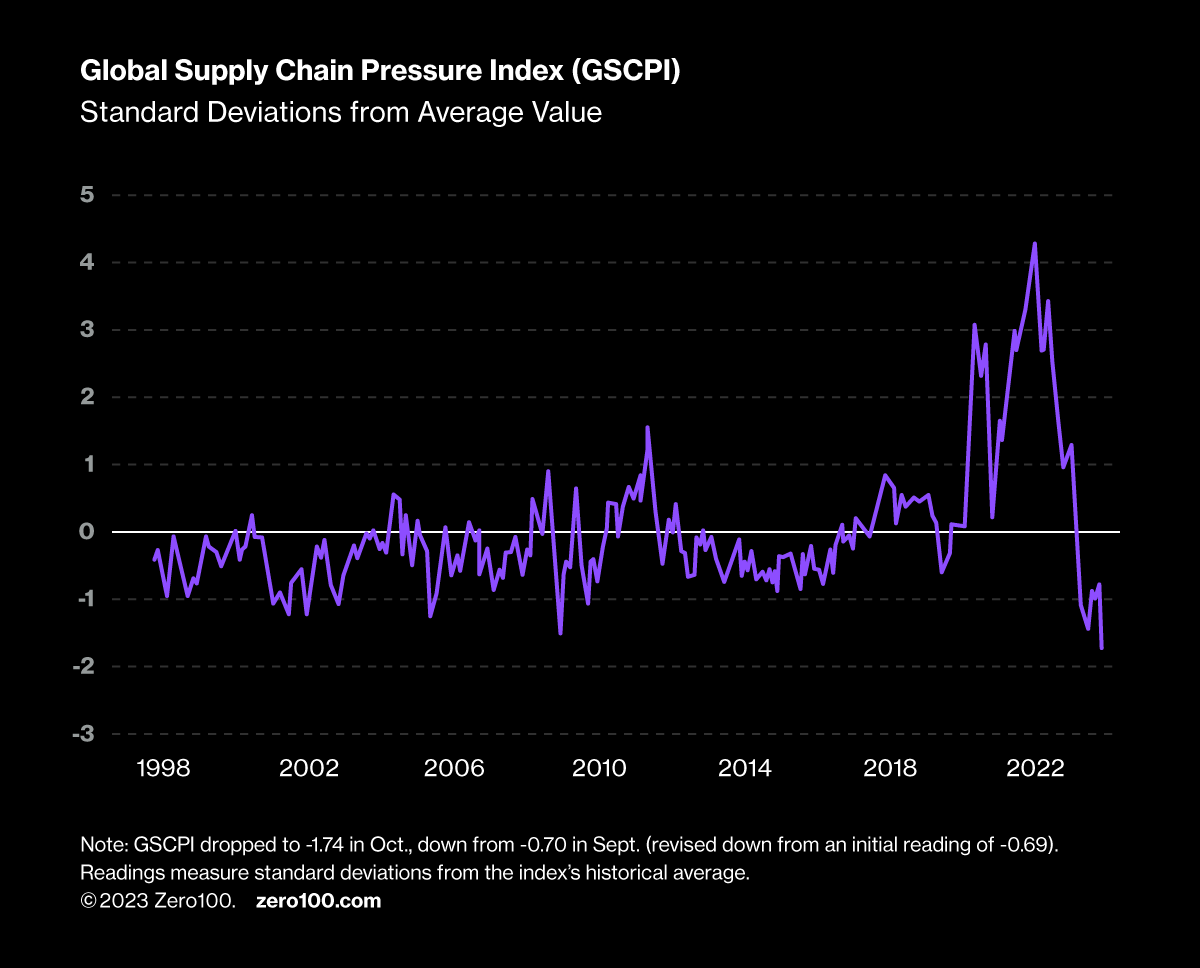
Oil and Gas Producers Must Be Part of the Push to Net Zero
Combatting the climate crisis demands an engineering-focused approach. Transforming the oil and gas industry is crucial, and ExxonMobil is taking significant strides, with over $20B being invested in green hydrogen, biomass fuels, and carbon capture and sequestration.
ExxonMobil CEO Darren Woods is tired of being cast as a villain in the fight against climate change. His pitch at the recent APEC CEO Summit in San Francisco was equal parts realism about the economics of the crisis, confidence about the science, and impatience with the adversarial tone of the fight up to now.
I think he’s right.
Go Past Awareness and Toward Action
Activists have spent decades raising awareness about the dangers of climate change. They were right, but that phase of the fight is over. Essentially, everyone gets it by now, including Woods, who said, “Climate change is real. Human activity plays a major role, and it is one of the major problems facing the world today.”
This unequivocal admission from one of the world's biggest oil producers should be enough to declare awareness “raised” and for us to instead shift focus to actually engineering our way out of trouble. ExxonMobil is already rolling, with over $20B being invested in green hydrogen, biomass fuels, and carbon capture and sequestration. Realism demands solutions people can live with, which means keeping the energy but cutting the emissions.
Zero100’s estimated breakdown of annual GHG emissions into workable chunks includes finding solutions everywhere, from rethinking protein supply chains to eliminating plastic waste in packaging and electrifying last-mile delivery. These and many others comprise a portfolio of solutions like China Hongqiao Group’s shift to hydropower for its aluminum smelting operations or Unilever’s 60% lower emissions manufacturing process for soda ash. These are industrial-scale efforts that cut emissions but not energy.

Realism also means facing the mineral economics underpinning an energy transition that assumes the end of oil. Manhattan Institute Fellow Mark Mills breaks down the time, cost, and mechanical mass of trying to supply enough copper, nickel, graphite, and lithium to deliver a zero-oil future. The punchline is that it won’t happen.
What will happen is an explosion of innovation across all sectors, including continued growth in solar, wind, EVs, battery technology, molecular design, material science, and every other contributor to Scope 3 carbon emissions. No silver bullet, but progress on many fronts at once.
Bring On the Science
Activism is a discipline driven by outrage. Its practitioners focus on relatable, egregious wrongdoing by perceived bad guys to build support and budgets. This dynamic does not lend itself to systematically using science to solve complex problems.
Supply chain management, however, does. The application of math, science, and engineering to our COVID-induced supply chain crisis has been so successful that, for example, the New York Fed’s Global Supply Chain Pressure Index has snapped back from an all-time high in December 2021 to an all-time low today. Quantitative systems thinking not only kept the world fed through a global pandemic but also revived supply chains in less than two years.

Actual scientists are also increasingly part of the team in many supply chain organizations. Zero100 data collected from 2.6 million job descriptions found that 46 of 100 B2C companies had hired for at least one environmental science role in the last year.
And of the 200 companies we track across both industrial and consumer brands, the top ten, ranked by the number of mentions of advanced science skills in job posts, four are energy (Equinor, Veolia, Chevron, ExxonMobil), one is mining (Vale), and one is chemicals (BASF). Tackling climate change will involve transforming the operations of all of these companies, so their science skills need to be top-notch.
Is the Fox Guarding the Hen House?
With COP28 being hosted in Dubai and chaired by the CEO of Abu Dhabi National Oil Company (Adnoc), it’s worth asking whether the summit has lost its way. Adnoc, along with most oil and gas companies, is planning to increase oil production, which, to an activist, must seem like insanity. And yet, world leaders are still there, trying to avert disaster with collective action.
Maybe the answer isn’t a twenty-first-century reboot of the League of Nations, which failed to deliver lasting peace after WWI, but something more like the Marshall Plan that rebuilt Europe and Japan by cooling the fight and engineering a better future after WWII.
It’s time to stop talking and start working – together.